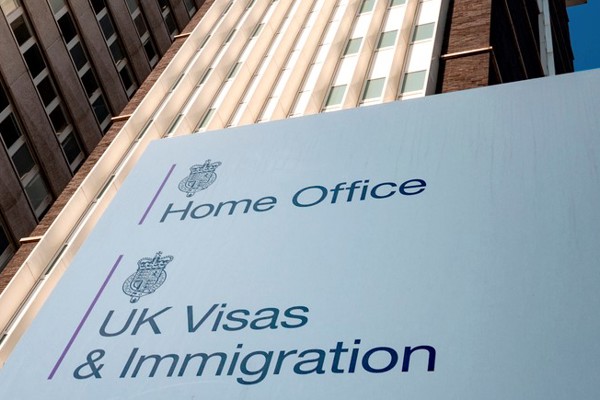If you have employees with visas, whether sponsored by you or not, you may have noticed that their biometric cards are all due to expire on 31 December 2024. This date is not when their visas are actually due to expire, but instead the expiry date is due to the Home Office commitment to move to a fully digital system by 2025.
The Home Office has now started this process, and it will continue over the course of 2024. This is a process employers need to be aware of and will need to monitor to ensure their right to work records are up-to-date. The process is likely to take several months, but by the end of 2024 all employees will likely hold e-visas.
Action employers can take now
Employees will receive emails over the coming months to invite them to apply for the new digital status but, in the meantime, employers can take the following steps now:
- Review existing Right to Work records to make sure that they have diarised any visa expiry dates. Where the date which has been entered in is 31 December 2024, this may indicate a manual right to work check was carried out rather than a digital check. In this scenario, a digital check should be carried out to make sure the correct date has been entered.
- Make sure employees are aware of the need to apply for a digital visa and encourage them to update you when this process has been complete.
- Make sure employees who travel internationally are aware that they should continue to carry their original biometric card until the end of 2024. A digital visa will be sufficient to travel back to the UK, but carrying the original document will help ensure there are no delays when returning from trips abroad.
- Make sure staff are trained on the correct processes for checking right to work and understand how to carry out digital checks. This is the only way to ensure that you check the right to work of staff from overseas.
- Later in the year, non-EU nationals will also need to apply for an Electronic Travel Authorisation (ETA) before visiting the UK. This will be a significant departure for some nationalities, such as US nationals, who have been able to enter the UK with only their passport until now. It will operate in a similar fashion to the US ESTA scheme, and if an employer regularly receives visitors from oversea branches, they should make them aware of this change as soon as possible.
How we can support your business through this change
The penalties for having a worker without a valid visa have increased to £45,000 per worker, so it is vital that businesses ensure that their records are up-to-date. The move to the digital visa system will provide an excellent opportunity for auditing internal records, and we can also support organisations by providing Right to Work audits and/or training for staff.


